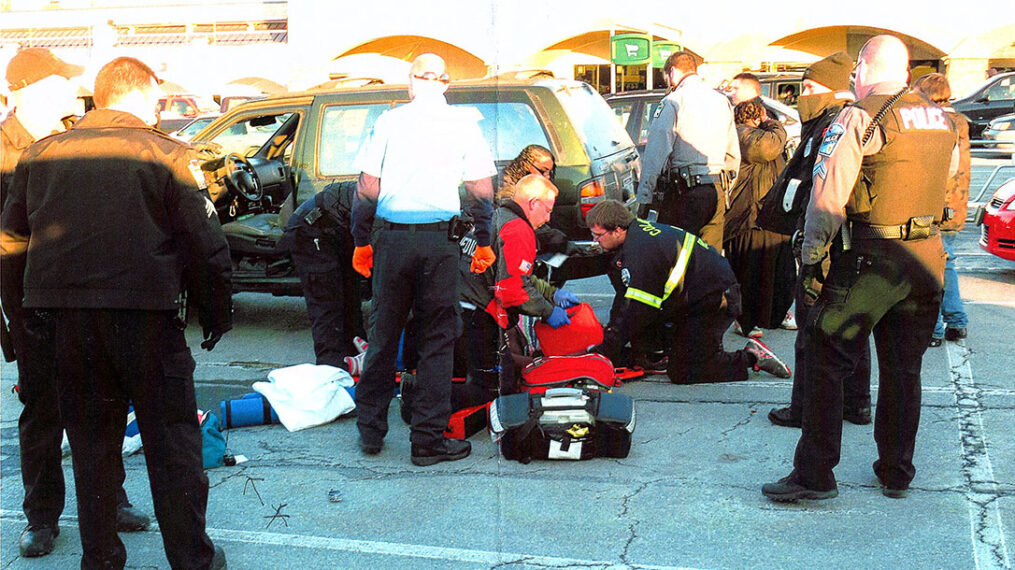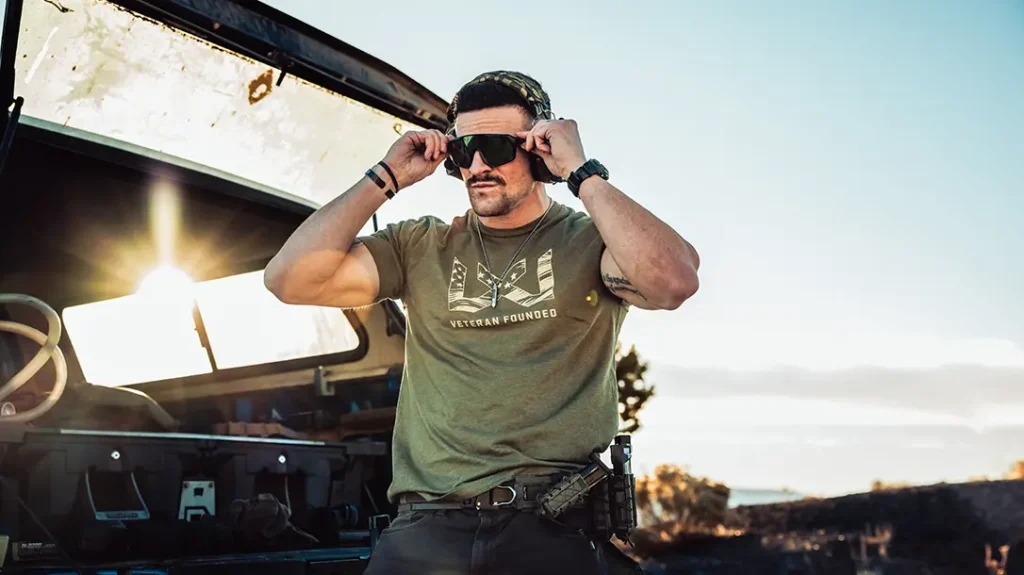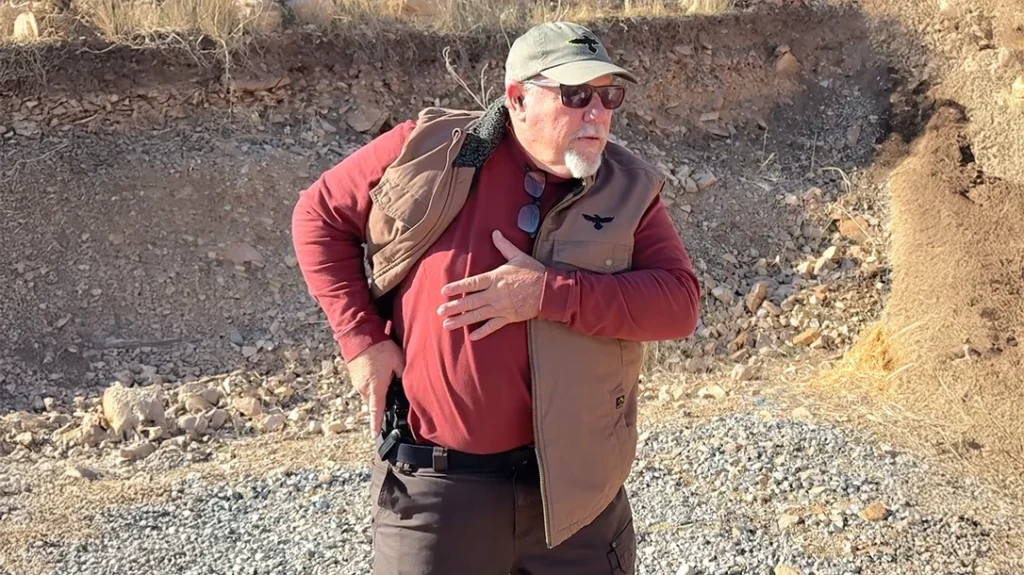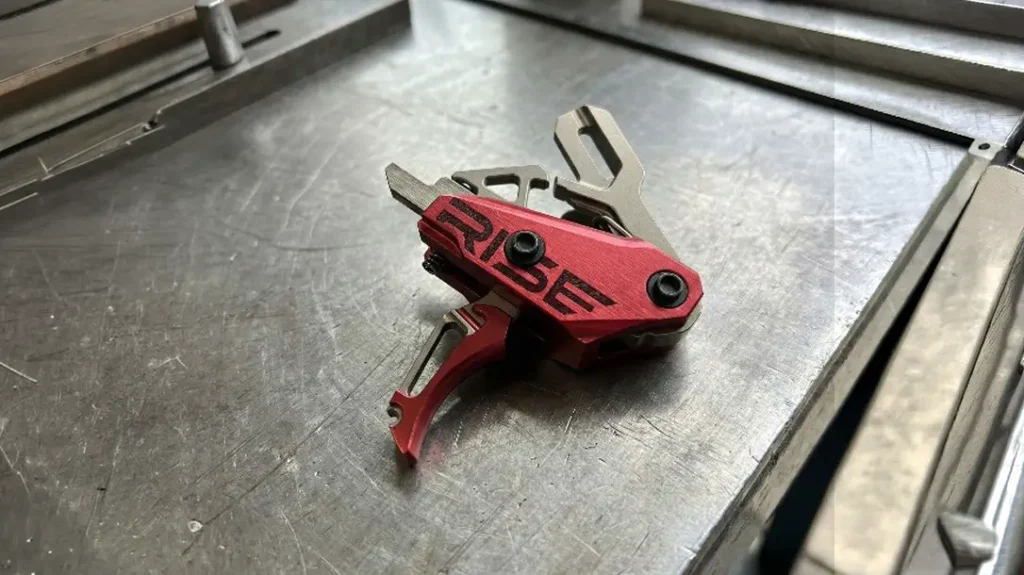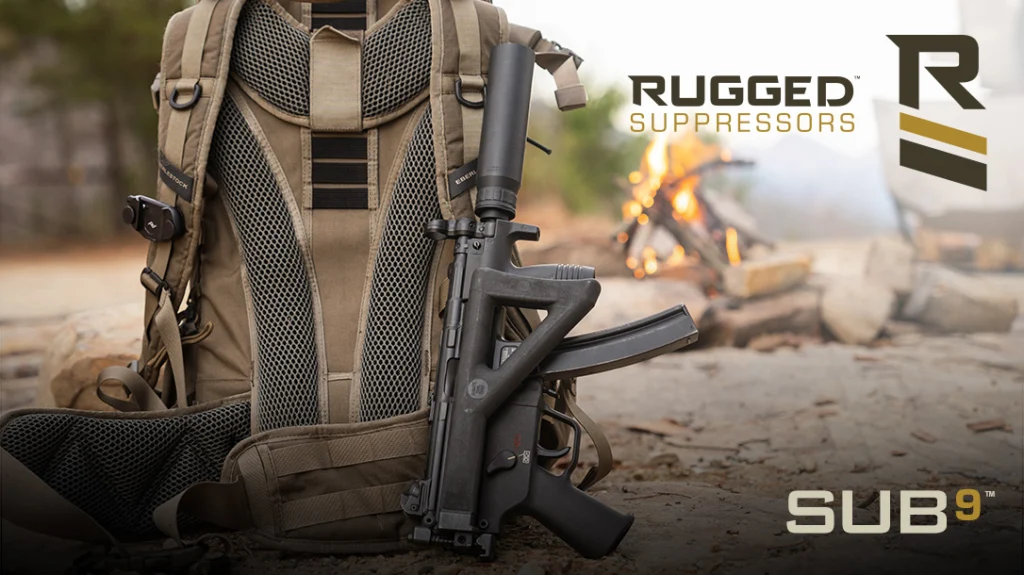For decades, I’ve tried to impress upon my students the importance of having a defense lawyer who isn’t just good at what he or she does but who believes in the right of armed self-defense. Even more important is one who believes in them and their account of what happened, leading to the trial.
The Importance of Picking the Right Defense Lawyer
There are good shoots and bad shoots. There are good cops and bad cops. And, for that matter, good doctors and bad ones. It’s simply human nature that is seen from a real-life perspective.
It follows that there will be good lawyers and bad lawyers, and there are sub-groupings. You might have a wonderfully skilled lawyer in everything from legal research to trial tactics to masterful argumentation. But if they don’t believe in the right to self-defense or don’t believe you, it’s more than a little unlikely that you’ll receive a favorable verdict.
Advertisement — Continue Reading Below
Sometimes, the attorney simply drops the ball. Or just doesn’t understand the dynamics of the case. Or assumes that you, the client, are guilty. As a result, they treat your case accordingly with the guilt mitigation strategies they use for guilty people. Instead, they should apply the much different affirmative defense strategy that must be employed for the client who fired in legitimate defense of themselves or others.
Let me offer a few examples. Because I’ll be implicating certain people in malpractice or incompetence, and because bad lawyers sue people even when they know they shouldn’t, I’ll leave the names out this time.
The Worst I’ve Seen
In 45 years as an expert witness for the courts in these matters, the single worst example of horrible defense lawyering will be Case One. It occurred in the first decade of this century, and I didn’t become involved until well after the conviction.
Advertisement — Continue Reading Below
The defendant was a cop in Florida who came home to find his wife there with her brother. There had been marital harmony issues, and the brother had been extremely antagonistic to the husband. In the course of an argument, the brother pulled a snub-nose .38 on the husband. Standing there in uniform, the husband reflexively drew his service pistol and opened fire in natural self-defense.
Unfortunately, the wife hadn’t seen her brother draw the gun. Seeing her husband draw his, she jumped between the two men just as her husband opened fire. The wounded brother-in-law staggered away. However, tragically, the woman they both loved—who had jumped between them at the wrong time—caught a .45 slug and died.

Advertisement — Continue Reading Below
Horrified to the point where he was overcome, the cop realized his wife was dead and ran from the scene. When he came to his senses some distance away, he called an attorney he knew.
The attorney told him to hide the gun and then turn himself in. He was further instructed not to say anything until the attorney got there. We learn from childhood to do what our lawyer, our physician, and our accountants tell us to do. The traumatized cop followed his lawyer’s advice.
Following Bad Advice
He was promptly arrested and charged with Murder. The brother-in-law, who had lost a testicle to the husband’s gunfire, testified at trial that he only ran and got his .38 after the defendant had brutally murdered his sister.
Advertisement — Continue Reading Below
The defendant tried to say what had happened at trial. However, his own lawyer—who had given him the bad advice to hide his gun—interrupted and stifled the testimony. Believing that he had fled and hidden his gun out of guilt, the jury found the cop guilty of murder.
I got involved when the appellate lawyer, the late, great Bill Sheppard of Jacksonville, brought me in for the appeal. I demonstrated that in review of the evidence, the brother-in-law, who was bleeding like a “stuck hog” from his groin wound, would have left a blood trail when going to allegedly retrieve his gun. But there was no such trail. The appellate court agreed, vacated the conviction, and ordered a new trial.
Lesson: never trust an attorney who tells you to break the law!
Advertisement — Continue Reading Below
Beware The Compromised Solo Practitioner
An attorney with no backup is as compromised as any other lone combatant when he gets hurt. If all goes well, a solo practitioner can do fine. For example, in one arduous case, I did in Virginia, Case Two was handled admirably by attorney Gene Compton. He saw his client through no less than three Murder and Manslaughter trials to win his ultimate acquittal. But if medical issues arise that take your player out of the game, the results can be horrible.
In Case Three in Florida, the defendant was a man with considerable police experience. He had been minding his own business when he was violently attacked by two young men.
This particular defendant didn’t take self-defense armament as seriously as he might have. He was on his own time carrying only a .22 caliber North American Arms single-action mini-revolver and a Spyderco folding knife clipped into the front of his waistband.
Advertisement — Continue Reading Below

When attacked, he didn’t reach for his little gun until one of his assailants snatched the exposed knife out of his waistband and snapped it open. His attorney was skillful but also a brittle diabetic who had some fadeout moments during the trial. The client got a conviction for Manslaughter and a maximum sentence.
Insist That Your Defense Lawyer Has Back Up
In Case Four in California, the solo practitioner was famously skilled. His client had killed an attacker in self-defense. However, he panicked, fled (“flight equals guilt”), threw the death weapon away (alteration of evidence “indicative of guilt”), and lied about it thereafter (“lie once, you’re a liar forever”).
Advertisement — Continue Reading Below
The totality of the evidence indicated justifiable homicide. So, I took the case but advised the attorney he’d need a psychologist to testify to post-shooting trauma to explain the defendant’s subsequent actions. He promised he would do so.
I arrived at trial to find the attorney in a near-somnambulent state. His only sibling was dying, and for days, he had been sleeping two hours a night. Correspondingly, he was subsisting on black coffee and unfiltered Camel cigarettes.
When he blearily tried to qualify me as an expert before the court, he apparently used the notes for the psychologist he had neglected to hire instead of for a dynamics of violent encounter expert. The judge understandably said, “No.”
Advertisement — Continue Reading Below
Later that day, the attorney collapsed from exhaustion and was rushed to a hospital. Critical testimony being absent, the client was ultimately found guilty of Murder. The appellate court found the judge in error for not allowing my testimony. However, ironically, because the critical testimony was not in evidence, the court concluded it was harmless error and let the conviction stand.
Lesson from cases three and four: make sure your attorney has capable backup if something gets in the way of their ability to defend you at trial.
Have An Attorney Who Knows How to Do a Self-Defense Case and Doesn’t Hate People Like You.
Case Five in Pennsylvania involved a young woman who was licensed to carry. She was surrounded by three much larger angry women in a road rage situation triggered by one of them.
One of those enraged women pretended to have a gun in her pocket. So, the defendant drew her own .40 Taurus. Another of the women said she’d take it from her and shoot her with it and began to move toward her. A shot was understandably fired, dropping that person and causing the rest to back off.

The defendant was charged with multiple violent crimes, including hate crime (the shooting was cross-racial). In addition to ignoring critical exculpatory evidence, the defense attorney told the jury that he hated guns (dog whistle: “I hate people with guns like my client”). He then praised the prosecutor and told the jurors to vote for him in the next election (dog whistle: “believe him, not me and my client”).
Finally, he refused to even talk to an expert witness who was available at no charge to explain the disparity of force and other deadly dangers that were never heard by the jury that predictably convicted his client.
That young woman has been behind bars since 2016. I testified on her behalf at no charge in the appeal that was finally heard in May of 2023. At this writing, we are still awaiting the appellate court’s opinion, and she is still imprisoned.
Resting my Case
I am out of space and must end here. But these are not the only cases where defense attorneys have essentially gotten their own clients convicted after justifiable shootings. Fortunately, you are not out of time to scout around and identify a competent attorney experienced in self-defense cases before you find yourself in the unpleasant circumstances described above
